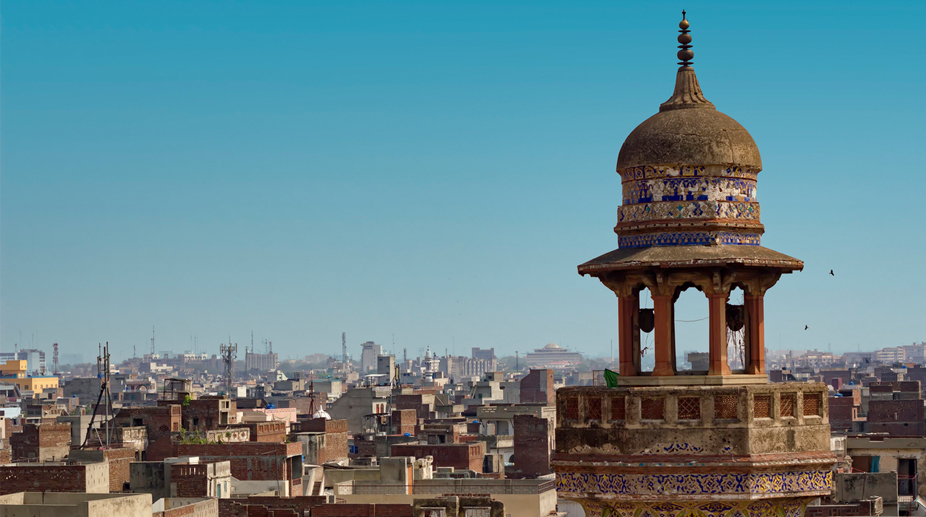Lakhbir Singh Rode, a key figure linked to the 1985 Air India Kanishka bombing died in Pakistan due to a heart attack, reports say.
Aged 72, Singh was recognized as the self-proclaimed leader of the International Sikh Youth Federation (ISYF) and was related to the late Khalistani militant Jarnail Singh Bhindranwale as his nephew. His demise was confirmed by his brother, former Akal Takht Jathedar Jasbir Singh Rode, and his funeral rites were conducted in Pakistan recently. Singh, listed as an ‘individual terrorist’ under the UA(P)A, had sought refuge in Pakistan.
Recently, the NIA special court in Mohali took action to seize land owned by Lakhbir Singh in Punjab’s Moga district under Section 33(5) of the Unlawful Activities (Prevention) Act. This section empowers judges to confiscate both movable and immovable property of proclaimed offenders involved in serious crimes.
Singh collaborated closely with Pakistan’s ISI to disrupt peace in India. He was linked to the tiffin bomb modules dismantled by the Punjab Police in recent operations and was a central figure behind the Ludhiana Court blast in 2021.
As per the US State Department, the ISYF led by Lakhbir Singh was an active terrorist organization, maintaining ties with Islamist militant groups such as Lashkar-e-Taiba (LeT). The group was banned in India under the Prevention of Terrorist Activities Act (POTA) in 2002 and earlier in the UK in 2001. Following the ban in the UK, the group rebranded itself as the Sikh Federation-UK (SFUK). Founded in 1984, the ISYF remains active particularly in Canada and the UK.












